Journalists expected to hear the usual names – Manchester United, Barcelona and Bayern Munich. Instead they got Western Sydney Wanderers and Seattle Sounders.
Korean conglomerate Eland was starting a new team and when formally applying to join the K-League on April 14, vice chairwoman Park Sung-kyung talked of benchmarking clubs in Australia and America with an impressive recent record of building fan-bases.
Korean football can learn from Australia? It was a novel concept yet if Seoul scribes were not so familiar with the Wanderers’ prowess off the pitch, they learned a good deal more about what the team could do on it just 24 hours later.
Over 400 kilometres to the south-east, the Hyundai A-League club defeated 2012 continental champion Ulsan Horang-I 2-0.
It was perhaps an impressive result in a group stage that contained many. Melbourne Victory defeated star-studded holder Guangzhou Evergrande while Central Coast Mariners got in on the act by defeating Japanese champ Sanfrecce Hiroshima.
There was talk in Australia when the draw was made of just how tough it was but the A-League came close to seeing all three teams in the knockout stage. It would have been an amazing achievement. What happened was still pretty good.
Take Victory. Guangzhou is the biggest club in Asia, Jeonbuk Motors has played more games in the tournament than any other and Yokohama F Marinos missed out on the J-League title last year on the final day. It is hard to think of a harder group.
Instead of providing an excuse to coach Kevin Muscat, it seemed to inspire. He even talked to people familiar with football in China, Japan and Korea ahead of the club’s games to get updates to go with research already done. Sounds basic but few in Asia do the same. It was symptomatic of a resolution to perform well, one shared by the other two.
As Robert Cornthwaite, a member the country’s most successful export Adelaide but now in Korea noted, the new generation of A-League clubs had a game plan specific to each opponent.
Instead of being fodder, Victory was formidable. Jeonbuk coach Choi Kang-hee was not joking, he never does in public, when he said that Australian teams were making it harder than ever before to get past the group stage.
If Victory had been awarded a late penalty decision in Jeonbuk, then things could have been very different. As it was, only goal difference denied the club while a deflected free-kick did for Central Coast – these are the finest of lines between football success and failure.
It should be said that the growing practice of teams resting their best players on away trips helps as Australia involves the toughest travel of all. Hiroshima, Yokohama, Jeonbuk, Kawasaki and Guangzhou arrived shorn of some stars and none returned with three points. The less said about Guizhou the better.
More than that though, the trio showed what is possible when you embrace Asia. Take the competition seriously, and the rewards will come sooner or later, collectively and individually. 2014 could be a watershed for Australian clubs in the Asian Champions League.
Whether one or three progressed is not important when all have helped to change attitudes in Australia about Asia and Asia about Australia. On the continent, Adelaide’s 2008 success is regarded as something of an anomaly, a case of good timing and luck. This feels different.
Then Asian teams, already starting to realize that there are things to learn from the A-League off the pitch, may discover the same is true on it.





